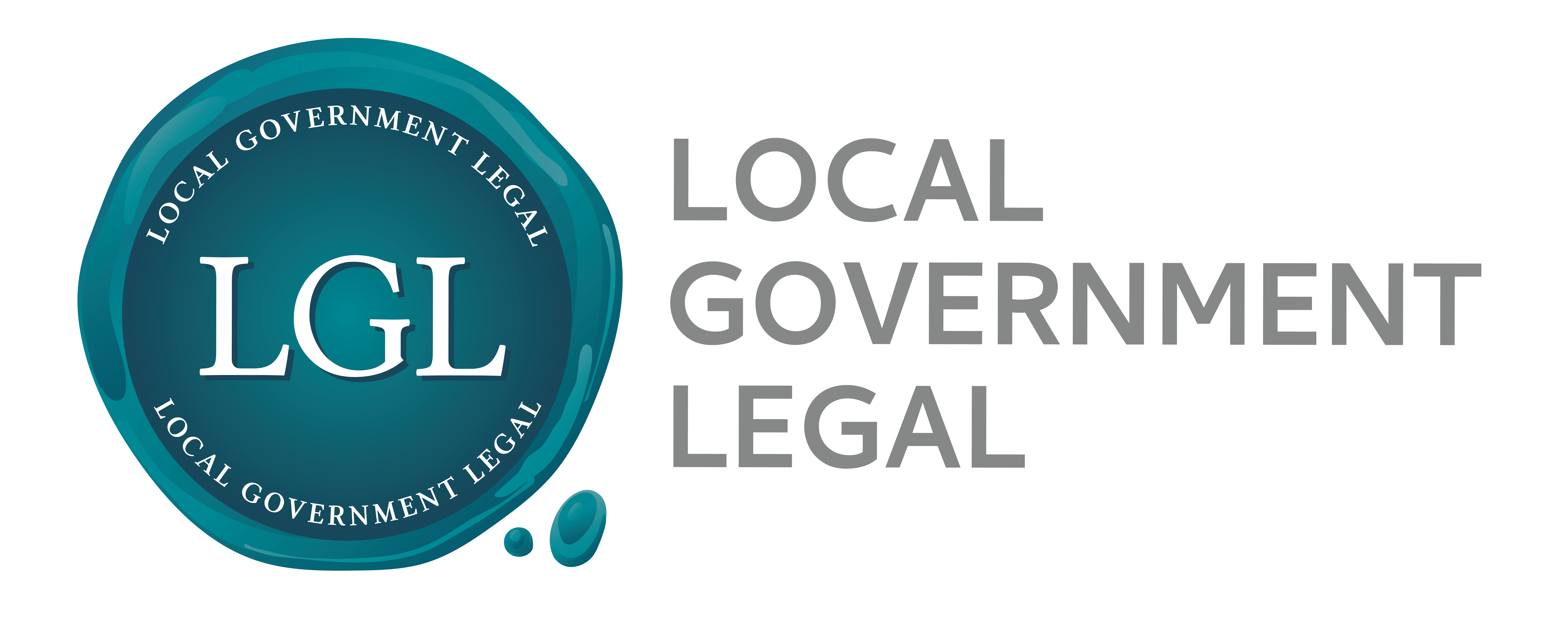The Financial Framework Legislation Amendment Act (No.3) 2012 (Cth) (“FFLA Act”) was enacted on 28 June 2012 as an urgent response to the Williams case. The FFLA Act amends the:
- Financial Management and Accountability Act 1997 (“FMA Act”) to empower the Commonwealth, where authority does not otherwise exist, to make, vary or administer arrangements under which public money is or may become payable, or to make grants of financial assistance, including payments or grants for the purposes of particular programs, where those arrangements or grants are specified in regulations
- Administrative Decisions (Judicial Review) Act 1977 to clarify that decisions made under the provisions of the FMA Act are not subject to judicial review; and
- Financial Management and Accountability Regulations 1997 (“FMA Regulation”) to specify, for the purposes of the provisions of the FMA Act, arrangements, grants and programs[1]
Section 32B of the FMA Act (as amended) now provides that (our emphasis):
“Division 3B — Supplementary powers to make commitments to spend public money etc.
32B Supplementary powers to make commitments to spend public money etc.
(1) If:
(a) apart from this subsection, the Commonwealth does not have power to make, vary or administer:
(i) an arrangement under which public money is, or may become, payable by the Commonwealth; or
(ii) a grant of financial assistance to a State or Territory; or
(iii) a grant of financial assistance to a person other than a State or Territory; and
(b) the arrangement or grant, as the case may be:
(i) is specified in the regulations; or
(ii) is included in a class of arrangements or grants, as the case may be, specified in the regulations; or
(iii) is for the purposes of a program specified in the regulations;
the Commonwealth has power to make, vary or administer the arrangement or grant, as the case may be, subject to compliance with this Act, the regulations, Finance Minister’s Orders, Special Instructions and any other law.
(2) A power conferred on the Commonwealth by subsection (1) may be exercised on behalf of the Commonwealth by a Minister or a Chief Executive…”
Accordingly, the FFLA Act amends the FMA Act to insert a new section 32B, which provides that where the Commonwealth does not have power to make, vary or administer an arrangement or grant; and the arrangement or grant is specified in the FMA Regulation, or included in a class of arrangements or grants specified in the FMA Regulation, or for the purposes of a program specified in the FMA Regulation; the Commonwealth has power to make, vary or administer the arrangement or grant, subject to compliance with the law. The FFLA Act amends the FMA Regulation to provide a comprehensive list of spending programs authorised by s32B of the FMA Act.
The FFLA Act also includes a transitional provision that provides for the validity of existing arrangements before the commencement of the Act, if the arrangement would have been authorised by section 32B(1) of the FMA Act; and the arrangement was in force, or purportedly in force, immediately before the commencement of this item. The arrangement has, and is taken to have had, effect, after the commencement of this item, as if it had been made under subsection 32B(1) of the FMA Act.
The FFLA Act therefore is an attempt to rectify the implications caused by the Williams case to empower Commonwealth expenditure, where authority does not otherwise exist. It is important to note that it has been queried whether the broad power given to the Commonwealth Executive (Prime Minister and Cabinet) by the FFLA Act is lawful, and may be open to be challenged before the High Court of Australia.
Note: This information is not to be relied upon as legal advice.
[1] Parliament of Australia see: http://www.aph.gov.au/Parliamentary_Business/Bills_Legislation/Bills_Search_Results/Result?bId=r4864
